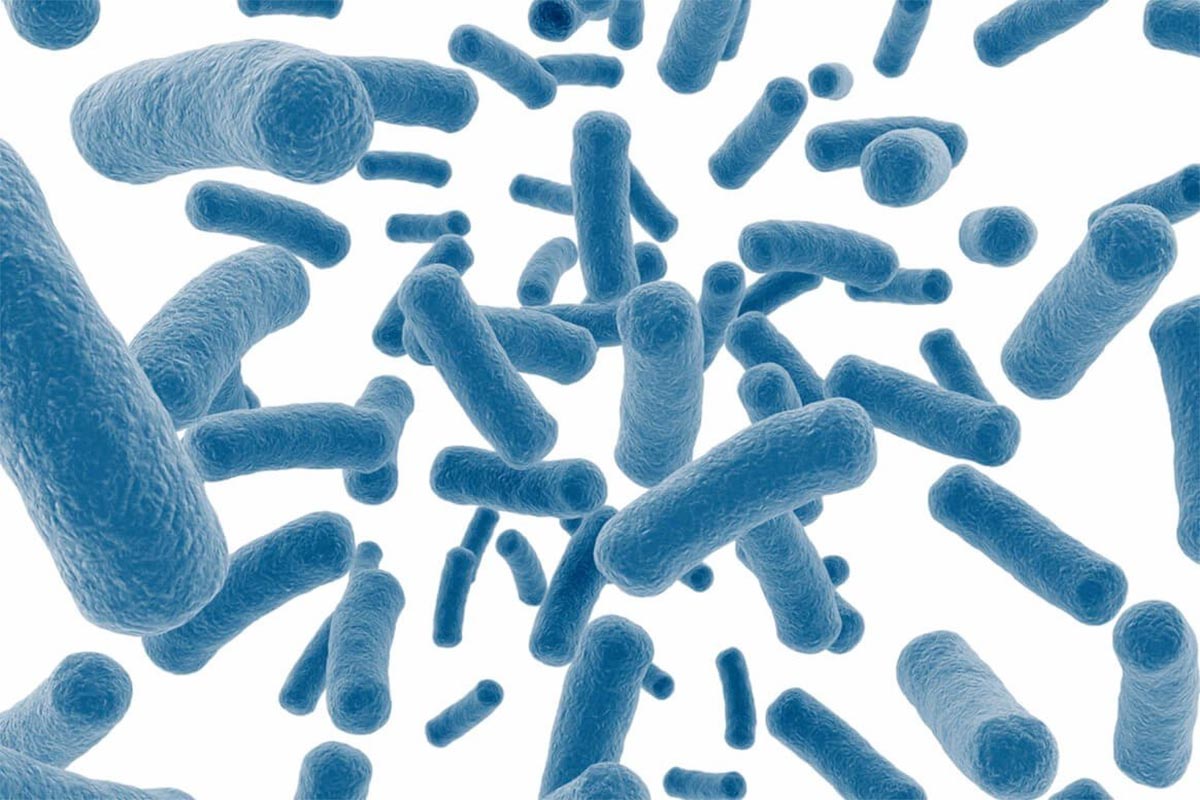
Probiotics are living microorganisms added to food in order to improve the human gastrointestinal flora. Most often, we are talking about the befidobacterium Lactobacillus (it is added to “live yoghurts”), but yeast and a number of bacteria from fermented dairy products are also probiotics.
Despite the fact that the topic of the effect of probiotics on health and immunity is still actively studied, existing research confirms that they can be useful for the treatment and prevention of certain diseases – however, the type of probiotic, concentration and even time of intake play a role.
Do I need to take probiotics?
The correct functioning of the intestines (and metabolism in general) is impossible without microorganisms inhabiting the gastrointestinal tract. We are talking mainly about bacteria, but also about viruses, fungi, archaea and helminths – in total, about 500 different types of microorganisms live in the intestines¹.
An imbalance in the intestinal microflora (growth of the population of unwanted microorganisms and suppression of beneficial ones) is associated with an increased risk of developing various diseases – obesity, type 2 diabetes, metabolic syndrome, cardiovascular diseases, colorectal cancers and even depression2.
It is believed that probiotics are designed to normalize the state of microflora (suppressing the growth of unwanted microorganisms and stimulating the growth of beneficial ones) – however, there are reservations. In particular, the positive effect of probiotics quickly disappears after stopping the intake.
What exactly is the benefit?
The topic of probiotics is being actively studied by science. There are studies that support their benefits – just like studies showing no effect. One of the reasons is the variety of types of prebiotics, the concentration of active ingredients and the state of health of a particular person.
// Possible positive effects ¹:
- a decrease in the level of microinflammation (can affect the improvement of immunity)
- prevention and treatment of diarrhea (associated with both viruses and antibiotics)
- relieving symptoms and pain relief in irritable bowel syndrome
- relief of symptoms of upper respiratory tract infections
- improving the absorption of calcium
- reducing the risk of developing colon cancer
How and when to take?

Good quality probiotics contain on the order of 1-10 billion CFU (colony forming units) per dose. It is believed that this number of microorganisms is optimal, but both higher and lower doses may be effective.
The daily dose of probiotic that a particular person needs varies greatly, both from the bacterial strain and the needs of the body. For a more accurate explanation, it is recommended to consult a doctor – including regarding possible contraindications.
Before or after meals?
Most probiotic manufacturers recommend taking them on an empty stomach. In particular, Lactobacillus and Bifidobacterium show the best activity when taken at least 30 minutes before meals. On the other hand, the efficacy of Saccharomyces boulardii is independent of food intake³.
Despite this, scientists note that consistency is more important for the manifestation of the benefits of probiotics, rather than just the timing of the intake. A number of studies have noted positive changes in gut microflora whether probiotics were taken before or after meals 4 .
What foods improve the performance of probiotics?

Interestingly, certain foods can improve the performance of probiotics. For example, one study compared the effects of taking them on an empty stomach versus water, orange juice, or skim milk.
Low levels of fat have been found to improve the survival rate of beneficial microorganisms 4 . In addition, in the case of Lactobacillus, a small dose of sugar or fast carbohydrates can be helpful – glucose helps them withstand the acidic environment of the stomach 5 .
How quickly will the result appear?
Often, the positive effect of taking probiotics does not appear earlier than after a month of daily use.
An exception is the beneficial effect of probiotics on the gut when recovering from antibiotics or after severe cases of diarrhea. In this case, the result of the regeneration of the flora of the gastrointestinal tract may appear already in the first or second week.
Contraindications
The use of probiotics by healthy people is considered safe. However, the use of supplements of poor quality, expired or stored under inappropriate conditions (probiotics contain live microorganisms that tend to die) can have dire consequences.
Also, since probiotics can affect the state of the intestinal microflora, individual reactions can be observed, including bloating and indigestion. This may not be desirable in the presence of a number of medical conditions.



